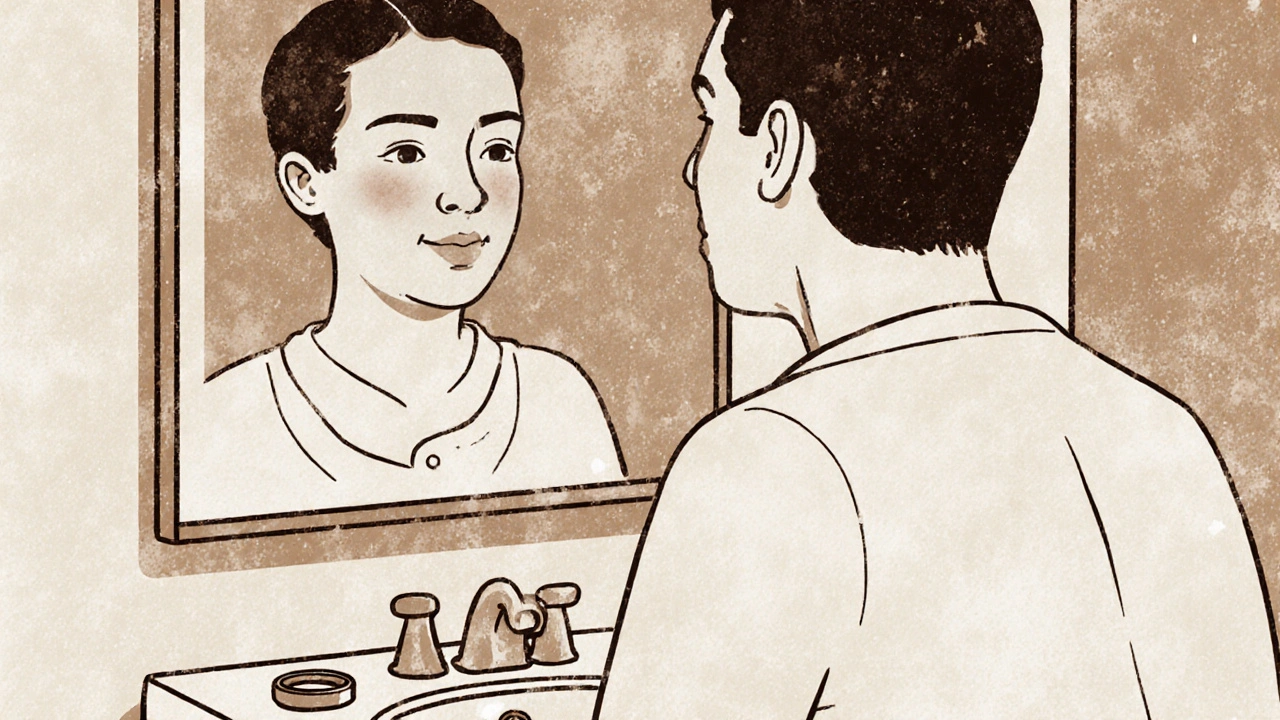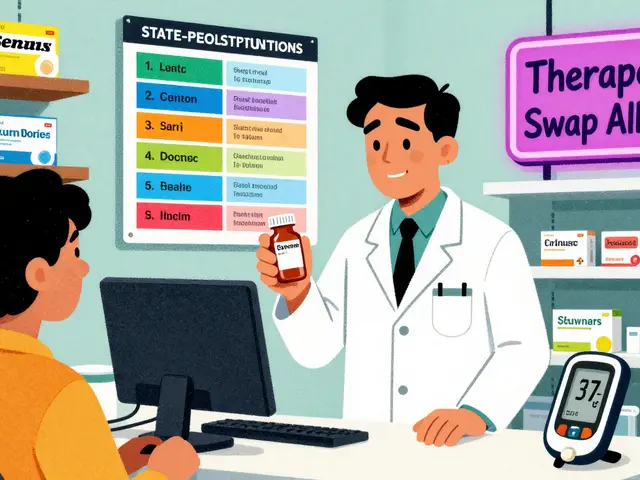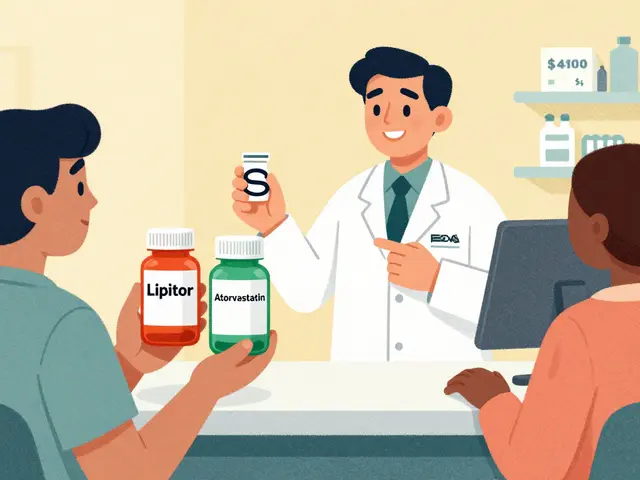Acromegaly: Causes, Symptoms, and How It Affects Your Body
When your body makes too much growth hormone, a hormone produced by the pituitary gland that controls growth and metabolism. It's also known as acromegaly syndrome, and it doesn't just make you taller—it changes your bones, organs, and how you feel every day. This isn't the kind of growth you see in teens. In adults, excess growth hormone doesn't make you taller. Instead, it swells your hands, feet, jaw, and even your internal organs. It's slow, silent, and often missed for years because the changes happen gradually.
Most of the time, this happens because of a pituitary tumor, a non-cancerous growth in the brain that overproduces growth hormone. It's not your fault. You didn't eat too much sugar or skip the gym. It's a glitch in your body's control system. About 95% of acromegaly cases come from these tiny tumors. Less often, tumors in the lungs or pancreas can trigger the same response. The result? Your body keeps thinking it's still growing, even though you're long past puberty. That’s why people with untreated acromegaly often develop enlarged jawbones, spaced teeth, thickened skin, and joint pain. Their voices get deeper. Their shoes don’t fit anymore. And their risk for high blood pressure, diabetes, and heart disease goes up—because excess growth hormone messes with how your body uses sugar and handles fluids.
Some confuse acromegaly with gigantism, the childhood version of the same condition, where excess growth hormone causes extreme height before growth plates close. But gigantism and acromegaly are two sides of the same coin. One happens before adulthood, the other after. If you’re an adult and your rings suddenly feel tight, your collar feels snug, or your voice sounds different, it’s not just aging. It could be your pituitary gland sending the wrong signals.
Diagnosis isn’t quick. Blood tests for growth hormone and IGF-1 levels are the first step. An MRI finds the tumor. Treatment isn’t one-size-fits-all—it could mean surgery, medication, or radiation. Some drugs block hormone production. Others shrink the tumor. The goal isn’t just to look different—it’s to stop the damage inside your body before it leads to heart failure or early death.
What you’ll find below are real, practical posts that dig into how acromegaly connects to other health issues—like diabetes, joint pain, sleep apnea, and even how certain medications can help or hurt. You’ll see how it overlaps with hormone disorders, what treatments actually work, and how to spot early signs before it’s too late. This isn’t theory. These are experiences, studies, and clear advice from people who’ve been there—and doctors who’ve treated them.

- Nov 17, 2025
- Posted by Cillian Osterfield
Acromegaly: Understanding Excess Growth Hormone and Modern Treatment Options
Acromegaly is a rare hormonal disorder caused by excess growth hormone, leading to physical changes and serious health risks. Learn how it's diagnosed, treated with surgery, medication, or radiation, and why early intervention saves lives.
Categories
- Health and Wellness (72)
- Medications (69)
- Health and Medicine (28)
- Pharmacy Services (12)
- Mental Health (9)
- Health and Career (2)
- Medical Research (2)
- Business and Finance (2)
- Health Information (2)
Latest Posts
©2026 heydoctor.su. All rights reserved





